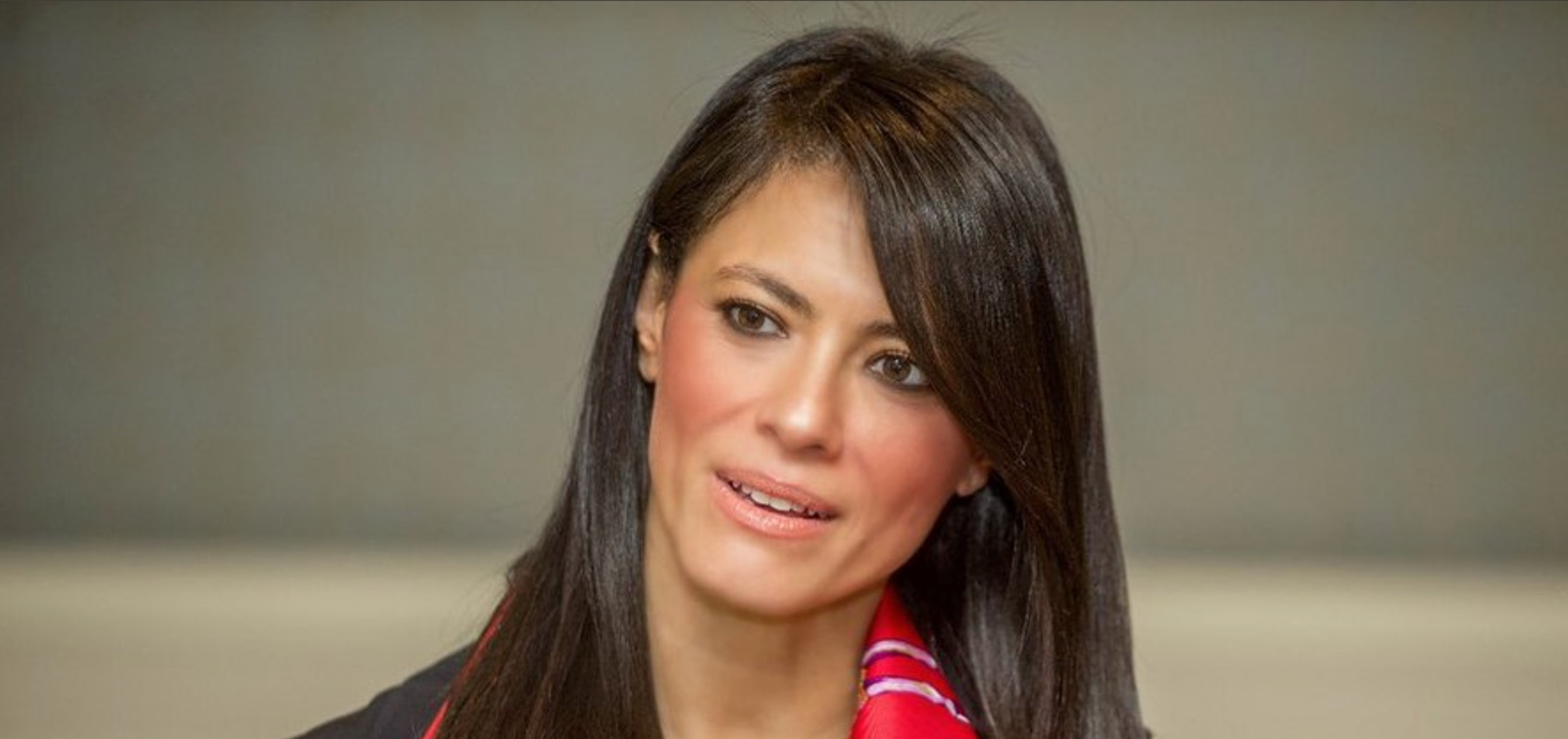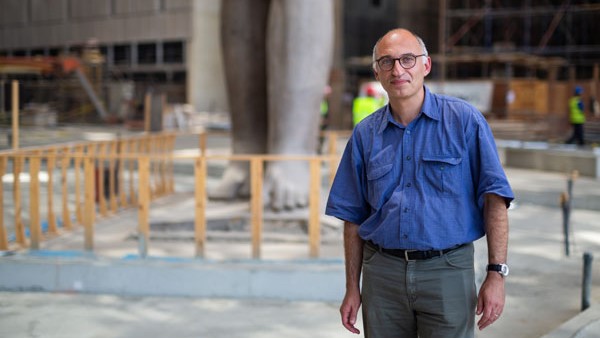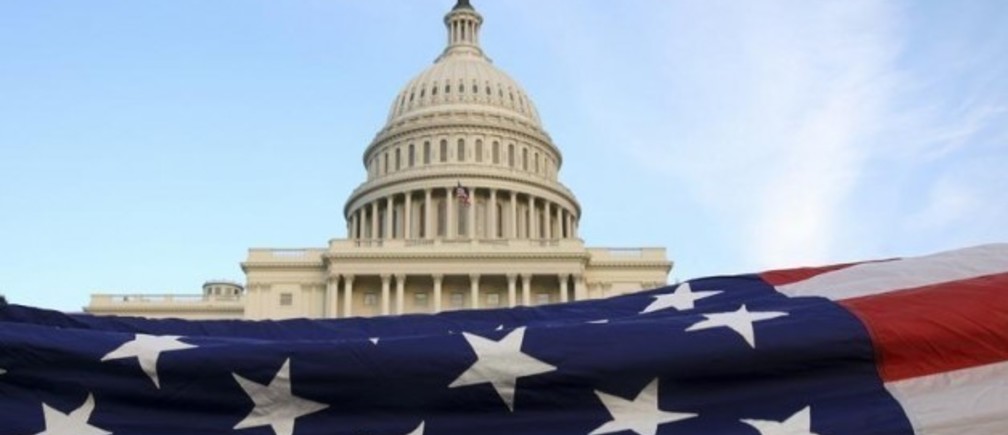Egypt’s tourism sector is often referred to as the country’s bread-and-butter. Currently contributing 20 percent of the gross domestic product, directly employing 8.9 percent of the workforce, and indirectly impacting 70 other industries, according to the Ministry of Tourism’s latest figures. Nevertheless, Minister Rania Al-Mashat, believes “there is something in the narrative related to tourism that has to change. She explains, “The way we have been dealing with tourism—to date—has either been counting the number of people coming, solving an ad hoc problem here, or crisis management there. We do well and then something happens.”

To Al-Mashat, the only way to boost the tourism sector, its contribution to GDP, and its employment potential is “through a structural reform program that addresses impediments or addresses problems which, once solved, can actually unleash the sector.”
As a result, the Ministry of Tourism in December launched its long-term strategy, dubbed Egypt’s Tourism Reform Program (E-TRP). The program’s five pillars focus on administrative reform, legislative restructuring, revamping the promotional approach and rebranding Egyptian tourism in line with global trends, and developing tourism infrastructure.
To understand the impact of the elaborate plan on longstanding issues, Business Monthly sat down for a one-on-one interview with Al-Mashat.
The message advertised about Egypt has recently shifted more toward promoting adventure tourism. How can it impact the sector?
I endorse adventure tourism very much. We were at the World Travel Market in London last November and we had with us Omar Samra, an internationally recognized adventurist. During our visit we wanted people to get a taste of Egypt’s adventure tourism. We not only featured a film about the Sinai trail, but presented it as a 360-degree experience.
We chose Sinai, as it is a core part of our sustainable tourism, because it’s about people and places. The Sinai trail is filled with different tribes, each with its individual identity, and part of the tourist experience is engaging with its people, getting to know their culture and habits. It is definitely something, we as a ministry, endorse and support.
Part of E-TRP is boosting the country’s Green Tourism. How do you plan on achieving this?
What we are trying to do is to change the narrative on Egyptian tourism, thus everything that has to do with modernizing the perception of tourism and implementation of new trends, whether in hotels, in training people, in our natural habitats, and many other aspects.
We are trying to make the sector in line with the United Nations’ 17 Sustainable Development Goals. One of these goals is environmental protection, which is fostered through the development of green tourism, especially in terms of electricity, the type of energy utilized, how the place’s produce is best used, the food consumed by hotels. This is a very large project.
Do you think it will have a significant impact in terms of image?
Significant is a big word, but it will definitely have an impact, not just in terms of the perception of Egypt, but also in terms of our own habits. What we are trying to do is use this sector as a catalyst to change our habits, from how we deal with visitors, to how we speak languages, our dressing habits, how we engage. This is how I look at the sector.
Other than intensifying advertising campaigns, how do you think Egypt can assuage the lack of safety perception?
It is all about countering the wrong image. We make it a point to visit different places with ambassadors from several countries. For example, we recently went to Siwa with 25 ambassadors. It was a way to tell the world that Egypt is peaceful, and for them to take the message back to their countries.
Additionally, having initiatives such as the social media influencers trip by AmCham Egypt, where a group of well-exposed Americans toured the country and shared the right message that Egypt is a place of peace, are significantly helping.
Similarly elevating the representation of Egypt, the film festival in Gouna hosted international stars who shared with the world their experience.
We have had many celebrities visit, such as Alicia Keys, who hasn’t stopped posting about Egypt since. We had Usher’s viral photos in the salt lakes. These are all private trips that share the right message.
It is very easy for good words to spread around social media and that is what we are trying to do.
In an attempt to diversify Egypt’s tourist influx, the ministry has been focusing on the relatively untapped Asian market. How has this been achieved?
We are addressing the Asian markets with exactly what they are looking for. In China, for example, they are very big on cultural tourism, therefore, we are focusing on featuring the Grand Egyptian Museum, Luxor, and Aswan in our messages. Moreover, they have their own social media platforms and we need to ensure that we are present on them as well.
We are trying to examine the demand of different markets to be able to meet or fill the void that might exist.
In your opinion, how can improving infrastructure impact tourism influx and investment?
Connectivity is very important. We don’t only travel across countries, we travel within countries.
There are many infrastructure projects currently happening in Egypt, including the upgrade to roads and the extension of the Metro. We are working with the Ministry of Transport to ensure that all cultural excursions are connected, giving tourists a smooth commute.
One example is the Cultural Metro. Planned to be launched in 2020, it is a new line that will take commuters through all museum stops in Cairo, going all the way to the Grand Egyptian Museum. Such projects are going to definitely help tourism. Moreover, to further facilitate traveling to Upper Egypt, we are working on upgrading to faster trains.
Another aspect addressed is legislation. We are working on allowing participation by the private sector. This is something we are going to explore moving on with full force. As the industry is recovering, we want to ensure that people have the ability to move from one city to another as smoothly as possible.
Any final words to our readers?
Our goal is that each and every household has at least one person working in tourism. Tourism is not an afterthought; there are so many successful people who work in tourism. You can have your own restaurant, your own hotel, your own tourism marketing or transportation company, just to name a few.
We want people to focus more on enhancing the sector through vocational training, expanding the language base, and changing our [negative] habits.
We want everyone to get engaged, to be proud of the country and what it has to offer.







